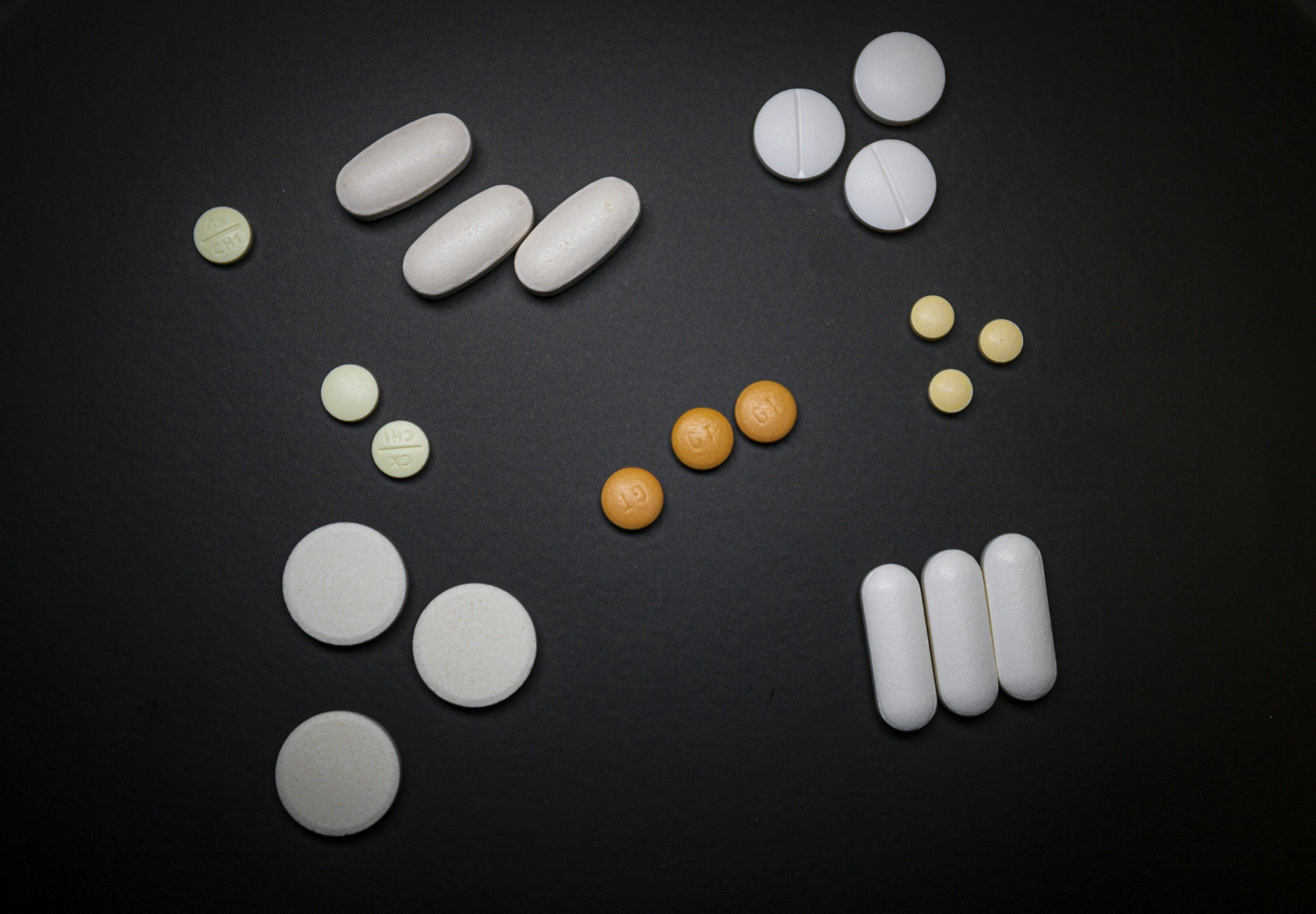
Dr. Jekyll and Mr. Hyde
I had a debate with my vet recently. He laughed at homeopathy. I tried to tell him homeopathy works and is more than a placebo for animals. He balked at the carefully chosen homeopathic remedy for a canine ailment. It did not matter that the ailment had only a superficial therapeutic fix and more expensive tests in modern medicine for diagnosis alone. “Do no harm”, I reminded myself and became Dr. Jekyll, more vigilant of the homeopathic remedy action.
The remedy, though, worked like a charm. I got away with just ½ tab of 16 mg Cerenia od versus Cerenia and its side-effects advised for three days. I drastically tapered off the homeopathic medicine over the next two days followed by a complementary indicated remedy when needed. The pup played through all this drama and went about his normal routine happily. I was thankful to Homeopathy and even to the vet for just stopping at Cerenia. Cure has a longer path, I am afraid, even with homeopathy.
In support of my vet’s disbelief, there are scores of peer-reviewed, published articles on NIH on controlled studies that underscore the point that homeopathy is, at best, a placebo effect. Mr. Hyde in me seizes the moment to scorn. “How do the researchers or the reviewers of these studies, who likely have limited training in homeopathy, give individualized treatment in these controlled studies to suggest no effect or an effect? If they control for the treatment variety, the population included to be studied will severely lack diversity of disease expression, resulting only in one remedy or at the most two remedies to be studied in a narrow band of study sample. How can you generalize, especially in homeopathy, that thrives on individualizing treatment, regardless of the similarity in diagnoses or the presenting common symptoms? It is no wonder, homeopathy gets a bad rap often all over the world”, Mr. Hyde concludes smugly.
In the US, most folks mix homeopathic medicines (‘mixopathy’ as one my professors derisively called the practice). Alternatively, they self-administer homeopathic pills like ‘Over the counter (OTC)’ medicine based on ‘sphere of action’ and internet junk. They try this approach to make it more likely for an effect to occur. When they do this, they often find no effect or a spectacular but unexplainable effect that most modern medicine proponents ridicule.
I am no homeopathic expert. However, I do think.
I would like to think I am a little better than most people who administer homeopathy casually because I was formally trained in homeopathic concepts and principles such as:
1. Law of Similars and direction of cure
2. Importance of Peculiar, Queer, Rare, Strange (PQRS) symptoms in prescribing
3. Remedy Relationships
4. Class of homeopathic medicines given
5. Duration and Type of Action of the remedies
6. Potency, Repetition, and Reaction
7. The concept of constitutional, acute, and chronic remedy
8. Proving and aggravations
9. The concept of homeopathic cure in the modern world compared to that prevalent in modern medicine
Dr. Jekyll in me believes in chemicals and bioengineered tools that have been demonstrated to work in humans following a rigorous FDA approval process. Most people believe in such conventional therapeutics. They do question the validity of simple but unexplainable effects of cheaper treatment approaches because they resemble witchcraft. However, modern medicines can leave you forever dependent on medicines, weaken you, or leave you bankrupt.
In contrast, Mr. Hyde in me acknowledges that homeopathy has a better degree of success in some diseases. In a select, broad-spectrum of diseases, where modern medicine offers to settle for a bad quality of life or a band-aid fix, I would be inclined to try homeopathy instead, administered by a sound homeopath.
Mr. Hyde in me also thinks that it may be prudent to keep away from homeopathy or use it only as a supportive treatment in certain conditions. I am of a personal belief that one should not play with medication be it an OTC, prescribed, or misunderstood as a placebo. These substances, whether they act by brute force or a gentle method, are very powerful and deserve respect for what they can do and achieve. In the end, it will be wise to keep in mind that it is not the ‘pathy’ but the patient and their therapeutic choices that are important.